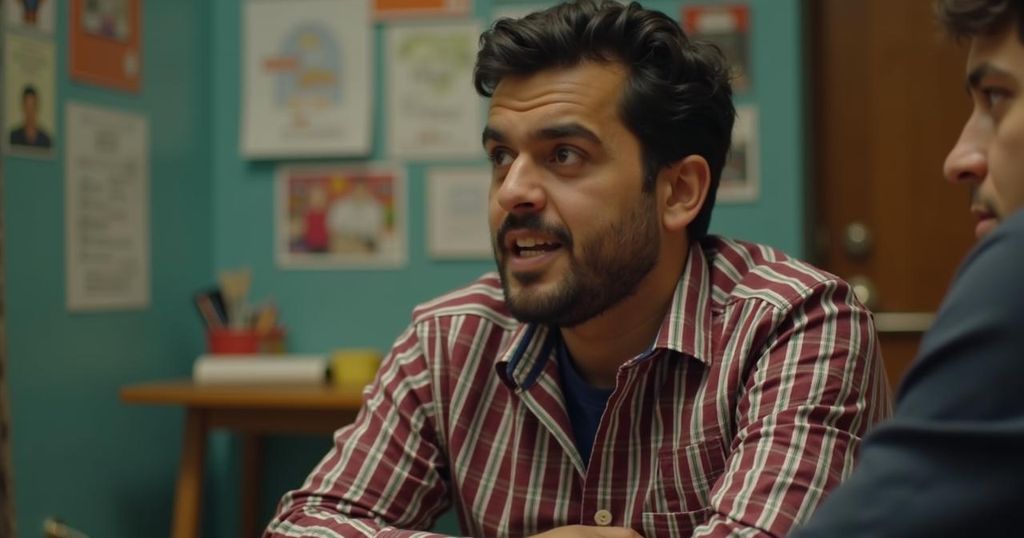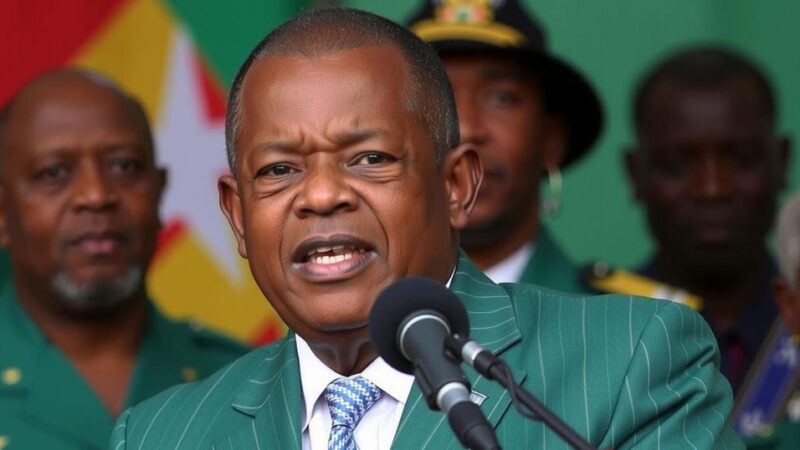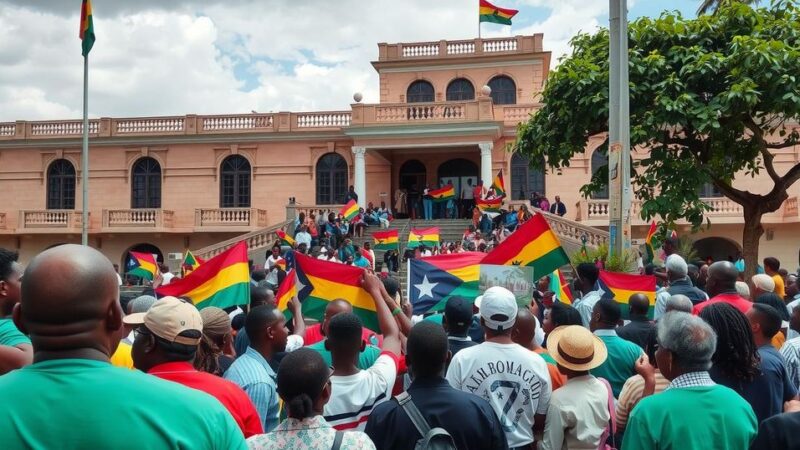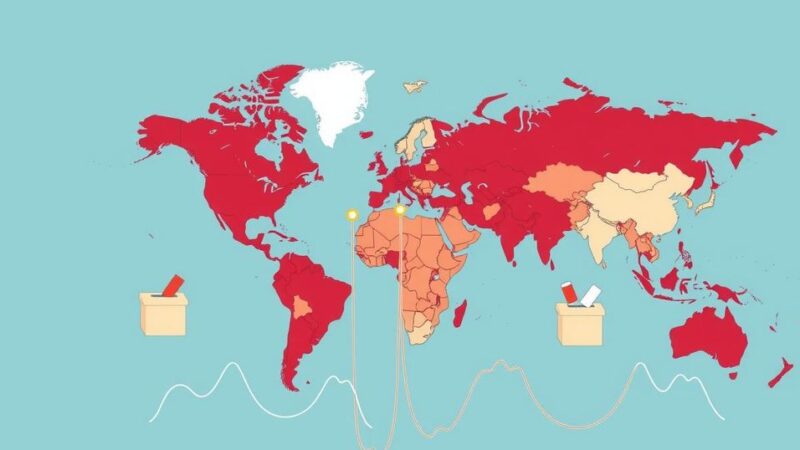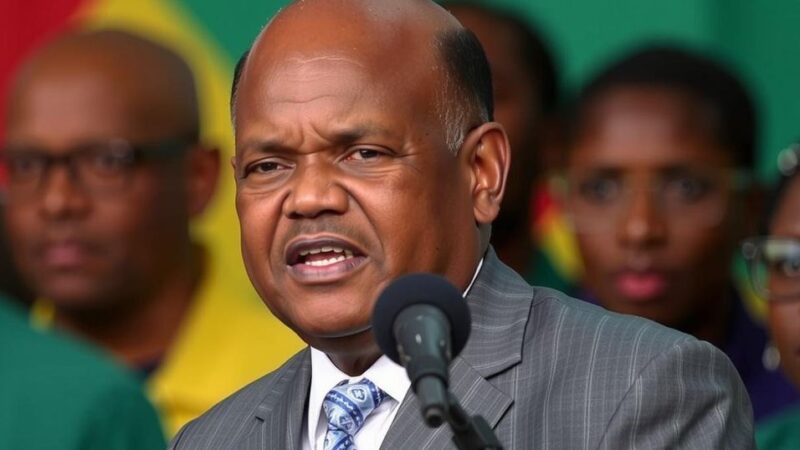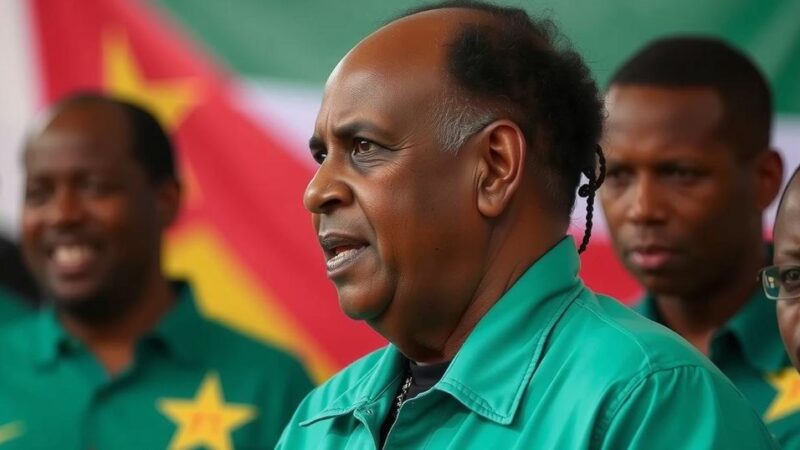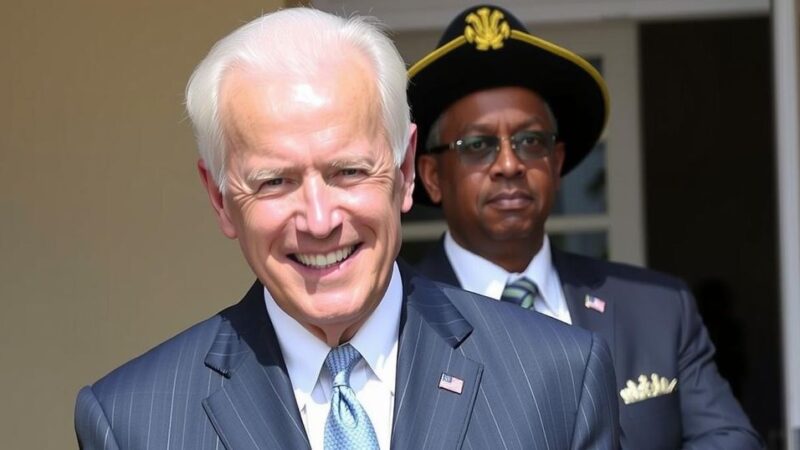Venezuelan comedians, having fled their home country due to political oppression and economic crises, have found a way to channel their struggles into humor. Comedians such as Estefanía León are part of a growing movement producing content that resonates with their experiences, addressing themes of migration and authoritarianism while connecting to wider Spanish-speaking audiences. Despite a challenging landscape, their work signifies resilience and the vital role of comedy as a form of resistance.
In Venezuela, a generation of comedians, having fled political oppression and economic turmoil, has found a way to express joy through humor amidst their tragic circumstances. One notable example is Estefanía León, a comedian who endured significant hardships while living in Caracas during the peak of the economic crisis in 2017. With political protests rampant, food shortages prevalent, and rampant hyperinflation devastating savings, Ms. León grappled with the struggles of securing her father’s medication while working in a politically charged environment where satire was not only difficult but dangerous due to government repression under President Nicolás Maduro. After fleeing to Mexico City in 2018, she rekindled her passion for comedy and became a prominent figure in a burgeoning Venezuelan comedy movement, which is largely based outside their homeland and free from censorship. These comedians, including George Harris in the United States and José Rafael Guzmán in Mexico, speak to shared experiences of migration and authoritarianism that resonate across the Spanish-speaking world. One of their innovative projects is “El Cuartico,” a weekly video sketch and podcast series that has garnered over 600,000 followers on TikTok. Their content evolves from universal themes to a focus on uniquely Venezuelan experiences that reflect the disillusionment and identity struggle faced by migrants. Through comedic sketches, such as Ms. León’s depiction of a burlesque interaction with a U.S. border agent, they confront their lived realities and chronic societal issues, blending humor with deep social commentary. Furthermore, the exodus of Venezuelans—nearly eight million since 2015—has diminished representation in mainstream media, making this comedy movement paramount for cultural re-connection. While outside comedians leverage their experience to comment on broader Latino themes, figures like Alejandra Otero continue to perform within Venezuela despite an increasingly stifling political environment. Otero’s sketches, though often refrained from overt political critique, illustrate the dangers of humor under a dictatorship, echoing the sentiment that laughter plays a crucial role in resistance against oppression. The resilience of these comedians serves not only to uplift their communities abroad but also to maintain a distinctly Venezuelan identity amidst the struggles faced by their nation. They embody the spirit of joy and resistance, demonstrating that even in the darkest times, laughter remains a powerful form of protest.
This article explores the dynamic world of Venezuelan comedians who, forced to leave their native country due to oppressive political and economic conditions, continue to create relevant and poignant humor. Venezuela has been marred by a severe economic crisis and authoritarian governance under President Nicolás Maduro, resulting in mass emigration starting in 2015. Amidst these crises, many comedians have adapted their craft to address issues of migration, identity, and the authoritarian regime through humor, often in innovative and engaging formats, such as podcasts and social media content. This comedic resurgence serves as a critical means of cultural expression and resistance, allowing humor to flourish despite trying circumstances.
In conclusion, Venezuelan comedians-in-exile have transformed their collective suffering into a vibrant form of resistance through humor. By confronting serious political and social issues with comedy, they not only provide a voice for the disenfranchised but also reconnect with their cultural identity. Despite the barriers imposed by authoritarianism and exile, the laughter that arises from their experiences serves both as catharsis and as a critical commentary on the broader Latin American context, showcasing the timeless power of comedy to challenge oppression and foster community.
Original Source: www.nytimes.com

